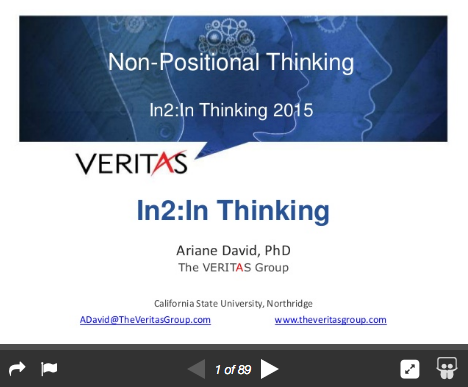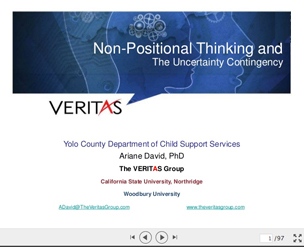Creativity…

According to a recent IBM study, CEOs see creativity as the greatest challenge affecting their organizations today. Yet, while understanding that creativity is crucial to the success of organizations today, they admit to being in the dark about how to promote its growth.
Why the mystery surrounding something that is so critical and of which we have such powerful examples in the last few decades.
The answer lies in the fact that creativity is not what we think it is: it is not a “thing” that can be manipulated. It is an emergent property. An emergent property can technically be defined as a characteristic that emerges within a system when the parts of the system operate in a certain way and in a certain relationship to each other. We can never affect an emergent property directly: the only thing we can do is work with the ways of operating that foster that property.
So what does this mean to creativity in organizations? Since creativity is an emergent property of the organization system, then only certain ways of being can result in its emergence, and those ways have everything to do with the culture.
Creativity emerges in a culture that rewards original thinking, calculated risk taking and speaking up. People in a creative organization would be expected to play devil’s advocate and openly offer their ideas, and they would be rewarded for doing so.
No idea would be scoffed at or rejected without examination. The culture would be one in which learning from mistakes rather than punishing them is rewarded, because fear of making a mistake kills creativity. And most importantly top leaders would demonstrate this by publicly owning and learning from their mistakes.
If a company does these things, it doesn’t have to think about creativity; creativity will simply happen, it will be the property that emerges from the culture. And, no, it isn’t easy, but it can be done with enough commitment from leaders.



The answer is to reduce PCness and thicken contributors’ skins.
What an interesting point you bring up. I agree that in many situations, time is critical and decisions must be made quickly.
The next question would seem to be, how can we sort through ideas quickly, rejecting unworkable ones, without squashing the creative space? How can “thick skin” be fostered without killing creativity?